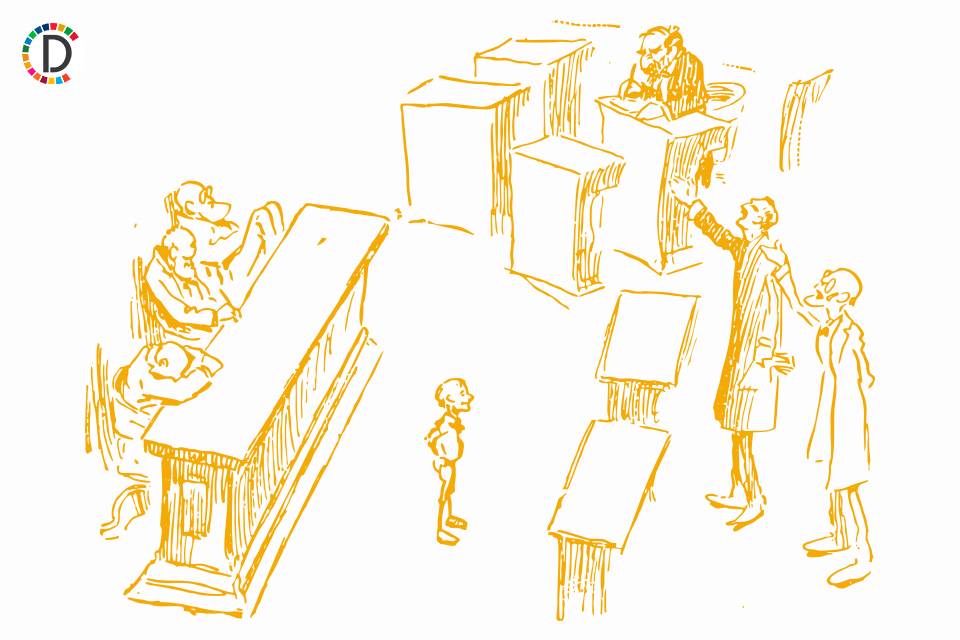Congo lifts moratorium on death penalty, justice ministry circular shows
BENI, Democratic Republic of Congo, March 15 (Reuters) - D emocratic Republic Congo has lifted a moratorium on the death penalty, citing treachery and espionage in recurring armed conflicts as the reason for allowing a resumption of executions, said a justice ministry circular seen by Reuters on Friday.

- Country:
- Nigeria
BENI, Democratic Republic of Congo, March 15 (Reuters) - D emocratic Republic Congo has lifted a moratorium on the death penalty, citing treachery and espionage in recurring armed conflicts as the reason for allowing a resumption of executions, said a justice ministry circular seen by Reuters on Friday. The central African country introduced the moratorium on the death penalty in early 2000. However, it has never been abolished.
Justice Minister Rose Mutombo wrote in the circular dated March 13 that the death penalty was reintroduced to rid the army of traitors and curb the resurgence of terrorism and banditry acts. The decision was adopted by a council of ministers on Feb. 9. The death sentence can be imposed in cases of war crimes, crimes against humanity, espionage, rebellion and criminal conspiracy, the document showed.
Two provinces in the east of the country, North Kivu and Ituri, have been under a state of siege since 2021. In recent months, dozens of political opponents, businessmen, civil servants and soldiers have been arrested for colluding with the M23 rebellion and Rwanda. The M23 is a Tutsi-led group that has intensified its campaign in eastern Congo this year. U.N. experts and Western powers such as the United States and France say that the group is backed by Rwanda, which Rwanda denies.
"In addition to being unconstitutional, the lifting of the moratorium... opens the door to summary executions in this country, where the defective functioning of the justice system is recognised by everyone," citizens' movement Lucha said on X. Amnesty International said that this decision was a serious step backwards and a further sign of President Felix Tshisekedi administration's alarming backtracking on human rights.
(This story has not been edited by Devdiscourse staff and is auto-generated from a syndicated feed.)
ALSO READ
Revolutionizing Cooling: i2Cool Partners with Marubeni for Global Expansion
Tragedy Strikes: Congo Boat Capsize Claims Lives of 25 Soccer Players
A boat has capsized in Congo and 25 people are dead, many of them soccer players, reports AP.
Conflict and Chaos: Mpox Response Crumbles in Eastern Congo
Political Tensions Rise Over Rebel Advances in Congo










